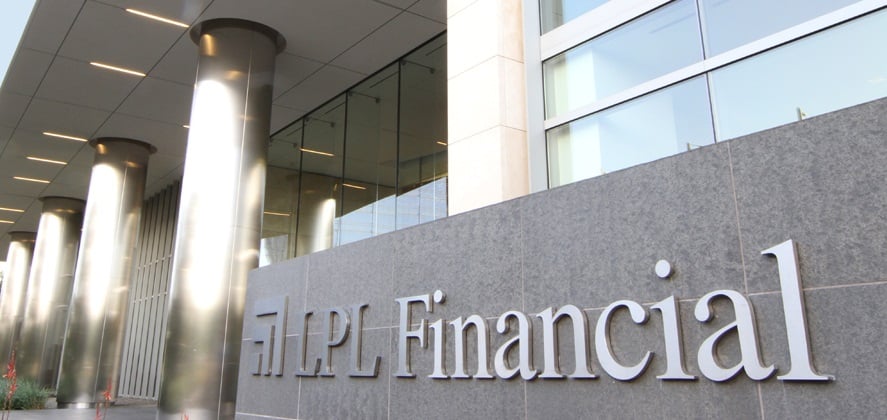A close reading of two of the recent state settlements with LPL Financial concerning the firm's poor supervision of the sale of nontraded real estate investment trusts shows the intense effort required to act in compliance with the orders and pay clients back.
LPL Financial
said in September that it would pay a $1.43 million fine and return money to investors for inappropriate sales of nontraded REITs. The settlement is the result of a multistate investigation conducted by the North American Securities Administrators Association.
As part of the agreement, LPL said it would remediate losses for unsuitable nontraded REIT sales from Jan. 1, 2008, through Dec. 31, 2013. The total amount of restitution will be determined by a third-party review of approximately 2,000 sales.
Teams at LPL have been set up to help investors with remediation, according to recent orders with Texas and Pennsylvania. Offer letters to clients who bought the REITs will be sent out, according to the orders. Second offer letters are sent to investors if they can't be immediately reached. Investors who agree to a remediation must then tender their shares of the REITs in questions.
And when all is said and done, LPL will then circle back to the individual state and NASAA and hand them a report detailing the amount of funds reimbursed.
LPL has been beset with inquiries over its nontraded REIT sales since February 2013 when it reached a $2.5 million agreement with the Commonwealth of Massachusetts to pay fines and restitution over certain sales of nontraded REITs to Massachusetts investors.
“We are pleased to have resolved this matter,” said Brett Weinberg, an LPL spokesman, in an email Tuesday. “LPL has dedicated substantial resources to improving our processes and technology and enhancing our practices around the processing, sale, and supervision of complex products, and we believe these efforts will lower our risk profile and provide even greater consumer protection going forward.”
As part of the settlement, LPL did not admit or deny the states' findings or conclusions.
The burden on LPL for its settlement with the states was reminiscent of how broker-dealers handled their various settlements in paying clients who bought auction rate securities, the market for which froze during the credit crisis in 2008, said Don Runkle, an industry consultant and former chief compliance officer at Raymond James Financial Services Inc.
“The first thing this reminds me of is what we had to deal with in auction rate securities at Raymond James and across the industry,” Mr. Runkle said. “It was rather burdensome. The settlements defined what the process would be, and then you had to take those steps and then take the follow up steps.”
Firms that sold auction rate securities reached multi-billion dollar settlements with the Securities and Exchange Commission and the states in the wake of the 2008 market meltdown and bought back the frozen securities.
“It's a pain, but it's the nature of the beast for an order requiring you to offer a buyback of the security,” Mr. Runkle said.







